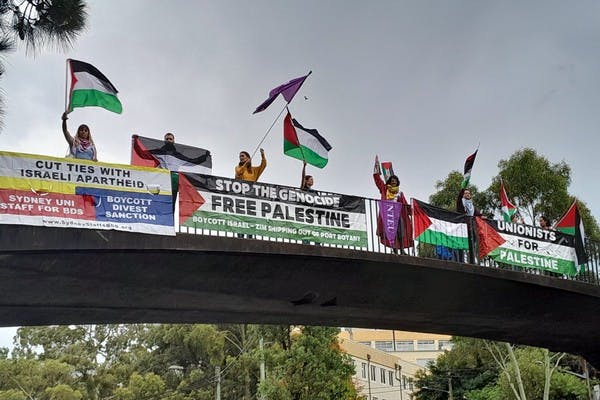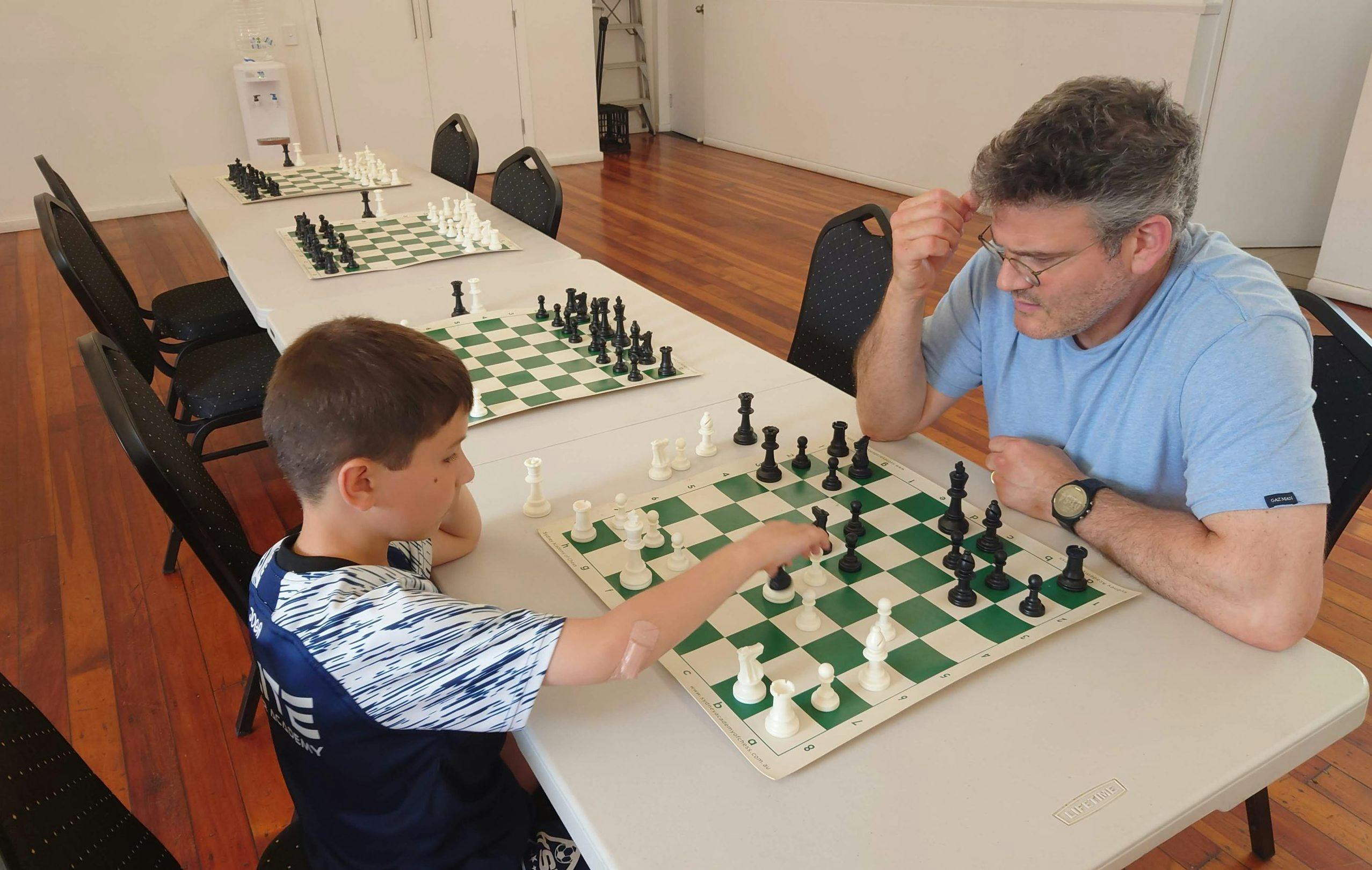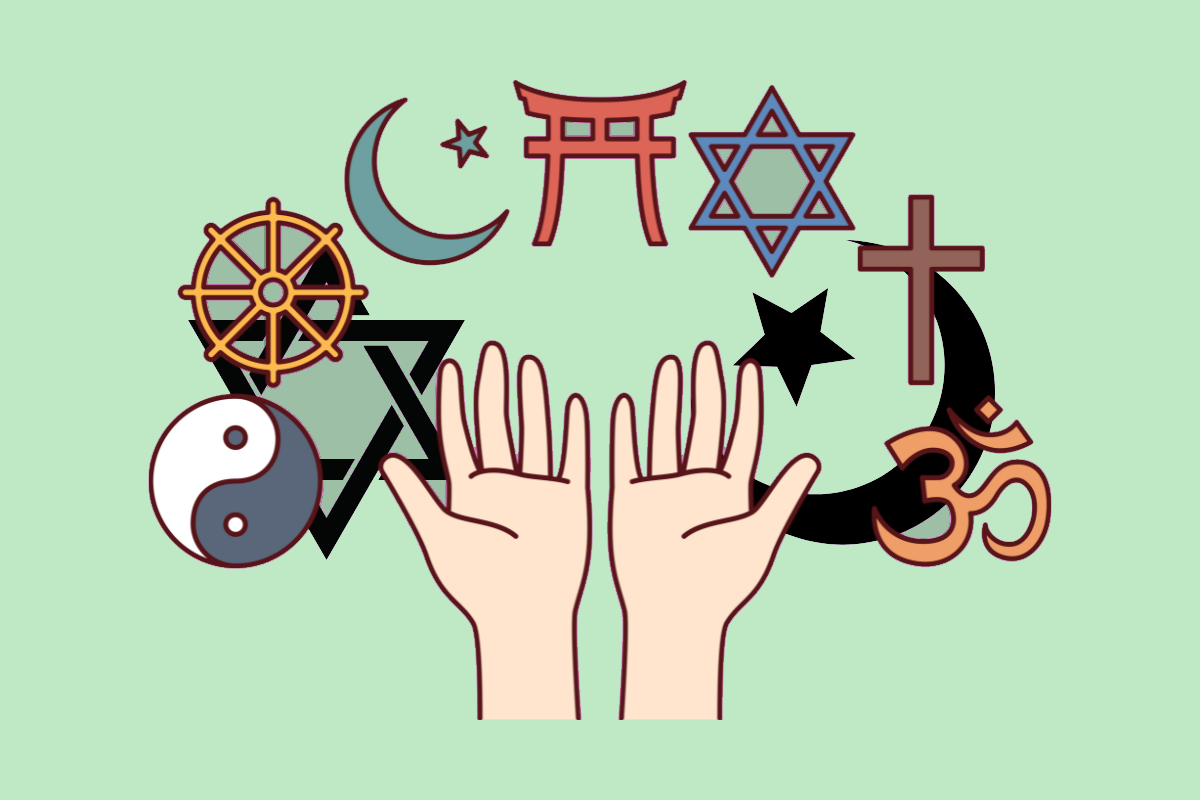Published: 6 February 2024
Last updated: 21 March 2024
Mariam Dawwas and her family are among the fortunate few Gazans who have been granted visas to Australia for a year. BEN LYNFIELD hears their harrowing story.
When Mariam Dawwas arrives in Australia with her five-year-old daughter Sophie to open a new chapter in their lives, she will be carrying traumas, scars and guilt from surviving the war in Gaza.
Dawwas, 30, from now-devastated Gaza City, her mother, her two sisters and young daughter are among the fortunate few from Gaza to be granted visas to come to Australia and stay for one year.
At the moment, they are in Cairo, recovering from their ordeals and trying to raise funds for the airfare and expenses through crowdsourcing. They left behind many loved ones, including Mariam’s grandfather, aunts, uncles, cousins and close friends. Mariam’s father, Mohammed, a journalist and fixer with whom I used to work while covering Gaza during the second intifada uprising (2000-05), died during the war after suffering a stroke and being unable to access medical care.
Mariam is hoping Australia will be a safe space to raise Sophie. She worked as a translator for journalists and on women’s issues in Gaza for Euro-Med monitor, a Geneva-based human rights group She has a cousin in Melbourne, Omar Dawwas, an Australian citizen who had power of attorney to follow up with officials about the visa applications. “I want to get Sophie everything she needs to start with,” Mariam told The Jewish Independent.
She also wants “to help present the Palestinian case” in Australia. “I want to tell our story.” But first, Mariam has to recover. In an interview with The Jewish Independent from Cairo, it became clear that she will for some time be processing the horrors of the war and dealing with her fears for the safety of loved ones left behind.
“If it was left just for me, I don’t know if I’d be able to do anything in my life after this experience,” she said, explaining that she is getting psychological support. “I feel such guilt. We were together for three months,” she said of relatives and friends. “But I could leave and they couldn’t. They are still suffering, even worse than before.”
According to the Hamas-run health ministry in Gaza, the IDF has killed more than 25,000 Palestinians during the conflict, the vast majority of them women and children. Those figures have not been independently verified and they do not distinguish between Hamas combatants and civilians. The war started when Hamas launched an attack on southern Israel border communities that left an estimated 1200 dead, mostly civilians. Hamas fighters and others committed atrocities and about 240 hostages were taken back to Gaza in the most traumatic day in Israeli history.
I feel such guilt. I could leave and other family members couldn’t. They are still suffering, even worse than before.
Mariam Dawwas
Israel has been widely accused of failing to distinguish between Hamas fighters and the Gaza civilian population in its response, with even US President Joe Biden terming Israeli bombing “indiscriminate”. The IDF has levelled entire towns and neighbourhoods and displaced about 85 percent of Gaza’s population, according to the UN. Many more Gazans are believed to be buried under the rubble of bombed-out buildings.
Leading international newspapers such as the New York Times and Washington Post have reported repeated instances in which the IDF ordered Gazans to evacuate to safe areas but then waged airstrikes in those areas. Mariam Dawwas said this is a fact of life for Gazans, who therefore have difficulty deciding whether or not to move to the safe areas. “Nowhere is safe in Gaza,” she said.
Her family moved three times after being ordered to do so by the IDF, was nearly killed in an airstrike that hit a neighbouring home and has lost numerous members of the extended family. Her father’s house in Gaza City was reduced to rubble. She thought constantly that she would be killed. “When we go to sleep. I hug Sophie,” she said, still using the present tense. “It’s a painful hug because I am not sure we will wake up.”
The IDF says it takes measures to safeguard Gaza noncombatants, including calling on them to evacuate areas. But it says Hamas uses civilian infrastructure for combat purposes and people as human shields. Mariam accuses the IDF of not trying to spare civilians. “They can be selective if they want to be, but they don’t want to be,” she said.
From a Gazan perspective, Israel deliberately puts the civilian population in harm’s way she said. Mariam, her sister Yasmeen and her mother, Tahani Abu al-Qumsan, say Israeli soldiers used her 87-year-old grandfather, Ibrahim Abu al-Qumsan, as a human shield, along with other civilians.
Abu al-Qumsan, a refugee from Deir Sneid village during the Nakba, or the Palestinian displacement during Israel’s creation in 1948, was stopped one day in November by Israeli soldiers while he was walking to southern Gaza along an evacuation route, the Salah al-Din road. The soldiers forced him to stand in front of a tank for hours and then released him.

“He told me this when dad passed away (on November 25). He called us. We put him on loudspeaker. He was crying in a way I’ve never known before,” Mariam said.
“My grandfather didn’t think he would stay alive,” said Mariam’s Yasmeen, a doctor who lives in Istanbul, and spoke with him by phone.
When The Jewish Independent queried the IDF about this, its spokesman said “the claims concerning IDF usage of human shields are baseless. As part of the IDF activity in the combat area, individuals suspected of involvement in terrorist activity are being detained and questioned. Individuals who are found not to be taking part in terrorist activity are released.”
In a normal situation we would have moved my father to a hospital. We didn’t have electricity. We couldn’t do anything to help him.
It was Yasmeen who found out about the visa opportunity and filed the applications. This was no small feat because she needed to get the supporting information and documents from her family sheltering in Deir al-Balah, where the internet was down most of the time. Yasmeen included her father in the application and also put in 60 requests for other relatives and friends.
Yasmeen, 32, said: “I wasn’t sleeping, I was anxious, I was watching the news in Arabic and Hebrew, submitting those applications and stressing. I can’t describe how it felt waking up every day horrified, looking at my mobile to see if anything happened to them. These were the most difficult days of my life.”
Her family in Gaza assured her by phone that they were alright. “Everything they were telling me, I found out later not to be true,” she said.
Thirteen days after submitting the application, approval for her immediate family’s names appeared on the Australian Home Affairs department website. Her grandfather had decided that he preferred to stay in Gaza.
Early in the war, Mohammed Dawwas, who had several years earlier suffered paralysis from a stroke, had another one. The hospital was filled to capacity and an ambulance could not access the home, Mariam said. When an order from the Israeli army came to evacuate to the south, Mohammed had to leave behind a special bed and air conditioning unit that he needed for his condition.
He was hoisted into a car and the family took him to the place where they would stay with relatives in Deir al-Balah. There his condition deteriorated to the point where he had trouble breathing, Mariam said. The local hospital was too overwhelmed with war injuries to admit him.
“In a normal situation we would have moved him to a hospital,” Mariam said “Mum did whatever she could. We didn’t have electricity and were incapable of doing what was needed. We couldn’t do anything to help him.”
Deir al-Balah hardly proved to be a safe refuge for Mariam and Sophie. The family moved between two areas. A house close to where they were staying was bombed on three separate occasions, she said. Fifteen relatives from the extended Dawwas family who had sought refuge in Deir al-Balah were killed by airstrikes, Mariam and Yasmeen said, and dozens of others were killed in north Gaza.
The sense of being shadowed by death lasted right up to the end, with Mariam and Sophie taking a dangerous car trip from Deir al-Balah to Rafah along the border with Egypt. “We were afraid we’d be bombed.”
There was one obstacle left for Mariam and Sophie, along with the others who were to join later. They had to make payments to coordinate their passage into Egypt. Foreseeing this, Yasmeen launched an online crowd sourcing campaign.
They got out of Gaza. But Yasmeen says the Australian government has recently become more restrictive in granting visas. “I have friends who have been refused recently,” she said.
The Department of Foreign Affairs and Trade told The Jewish Independent the government “has so far supported a total of 197 Australian citizens, permanent residents and their family members, to depart Gaza. Exiting Gaza is difficult and unpredictable. The ability of the Australian government to help is extremely limited.”





Comments
No comments on this article yet. Be the first to add your thoughts.